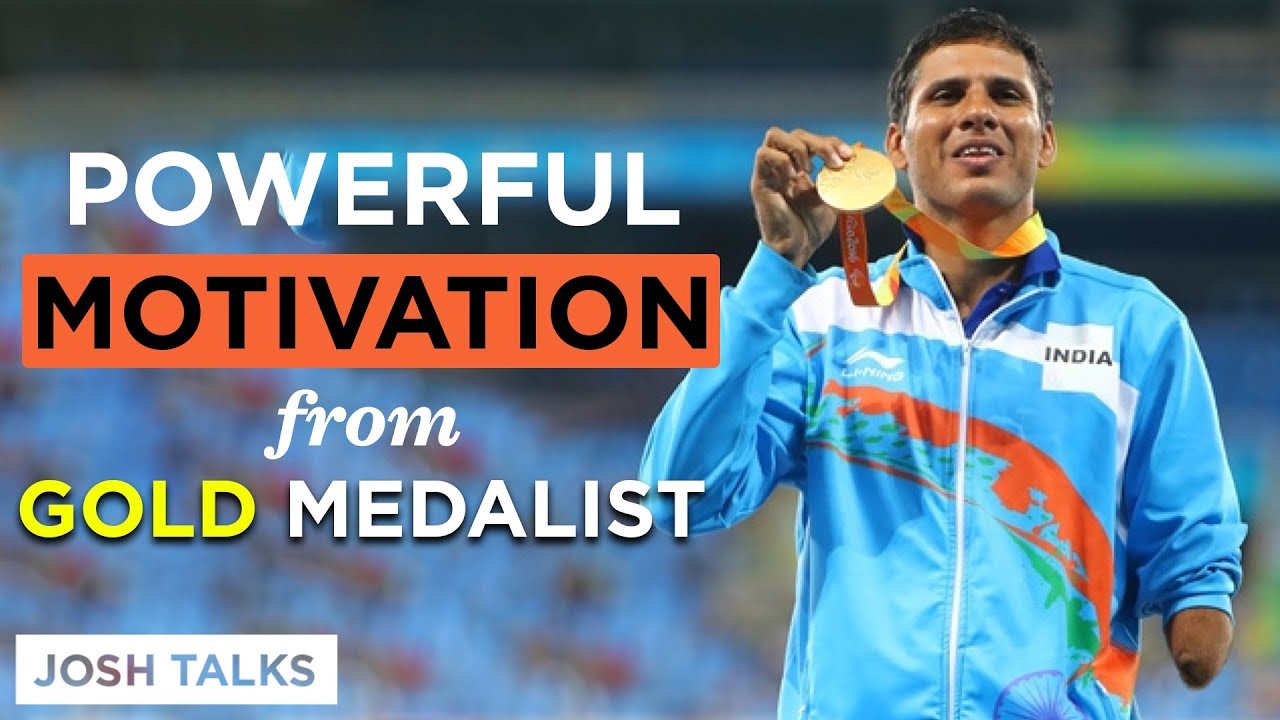I recall reading a play in Class 12 titled “On The Face Of It” by Susan Hill. It revolved around a character named Mr Lamb, an army veteran who lost one leg in a war. The tragic mishap did not shake his unwavering courage and positivism. Instead of focusing on what he could not do, he shifted his attention to what he could do but never found the time to – reading and making jams. And that, by his admission, was one of his most fulfilling life experiences.
Devendra Jhajharia’s narrative bears some semblance to Mr Lamb’s. Born in Churu district in Rajasthan, Jhajharia was the victim of an unfortunate accident when he was merely eight years old. He lost his left arm after being electrocuted by a live wire of 11,000 volts while attempting to climb a tree. Ironically enough, his village then was among the 18,000 Indian villages that were electrified but had no electricity. The near-fatal injury forced the doctors to amputate his left hand right away.
A Rough Start
Jhajharia was devastated. “When I came from the hospital back to my village, the first thought that came to my mind was that now I won’t be able to go back and play with my friends. What will they say? Will they even include me in a game? Will they isolate me because I was weak? As a child, you fall prey to a lot of such thoughts,” he confesses. Watch the video below as Devendra further reveals the thoughts that kept him up night after night and at which point in his life did he decide that surrendering was not an option.
Staying true to his never-give-up attitude, Jhajharia pursued his passion for athletics unabashedly by taking up javelin throw at school. Since his family could not afford to buy him a javelin stick, the determined child used a bamboo stick and practised the sport in the fields surrounding his village. Nothing in the world could have prepared him, though, for what came next.
Fortune favours the brave
In 1997, he was spotted by Dronacharya Awardee coach Ripu Daman Singh while competing at a school sports day. Singh took him under his wings – introducing the athlete to the concept of para-sports in the country and guiding him on his early sporting endeavours at college and district level. From here on, there was no stopping the prodigy. “Since the other kids didn’t want to play with me considering me a liability, I decided to play a sport and be better at it than them,” Jhajharia says with a smile. At the Railway trials, he competed alongside able-bodied applicants to earn a job and upon winning served as Office Superintendent for 11 years.
Like any other para-athlete in the country, Jhajharia too has had his brush with struggles. His pleas for sponsorships from corporate houses did not yield any result and there was a time when even the government turned a blind eye.
Recognition Followed Suit
But all this changed when Jhajharia created history by becoming the first Indian to break his own record at the Rio Paralympics 2016, winning two gold medals. He won gold at Athens Paralympics in 2004 with a record javelin throw of 62.15 metres. At the Rio Paralympics, he broke the record throw with 63.97 metres. Prime Minister Narendra Modi in a moment of immense pride took to Twitter to congratulate him after his Rio win. The PM’s words, “India is very proud of Devendra Jhajharia” were met with warmth and glee.
It is no more a fight to fit in for Jhajharia. His staggering achievements are the stuff that legends are made of. As his contribution to sports became more and more widely known, both Government and private sponsors approached him. He is currently supported by GoSports Foundation– a nonprofit venture working towards the development of India’s Paralympic athletes.
Apart from being India’s flag-bearer at the 2016 Paralympics, Jhajharia was awardedthe prestigious Rajiv Gandhi Khel Ratna award this year. To this day, he remains the only Paralympian athlete to have been decorated with the revered Padma Shri, the nation’s fourth highest civilian award.
A Powerful Life Lesson
The 36-year-old champion has a message for all Indians – dream big and remain focused. “When I go to camps, I never leave my javelin in the storeroom. I always kept it in the room with me. It is because I should see my target 24 hours a day. The problem is we tend to get distracted by other things in life when our mind should actually be locked into our target,” Jhajharia advises. He makes a great point.
The biggest takeaway for me from Jhajharia’s and Mr Lamb’s accounts has been this – there are an enormous number of people in the world who get knocked down by life because of one reason or another. Not many of them fight back, admitting defeat. The ones who hustle hard, make history. The question that arises is, which one out of the two do you plan to be?
